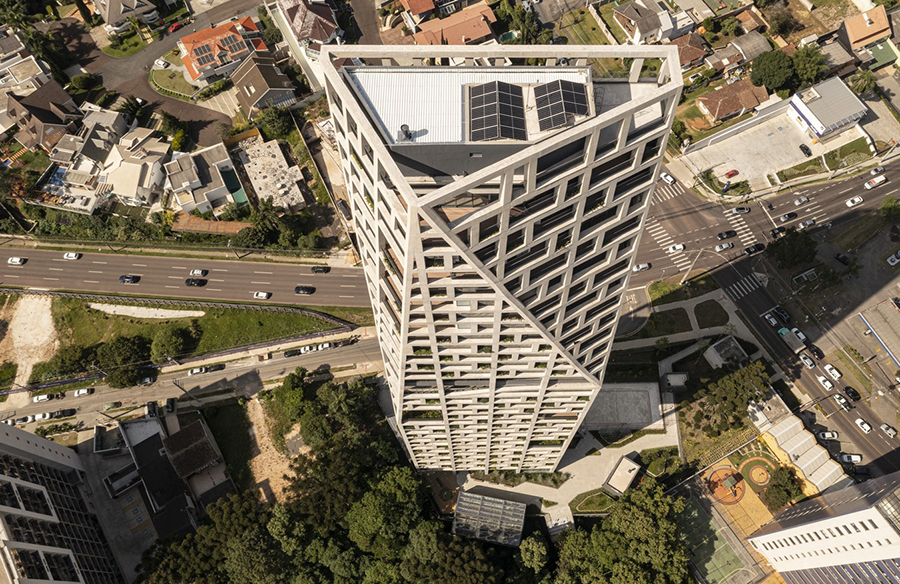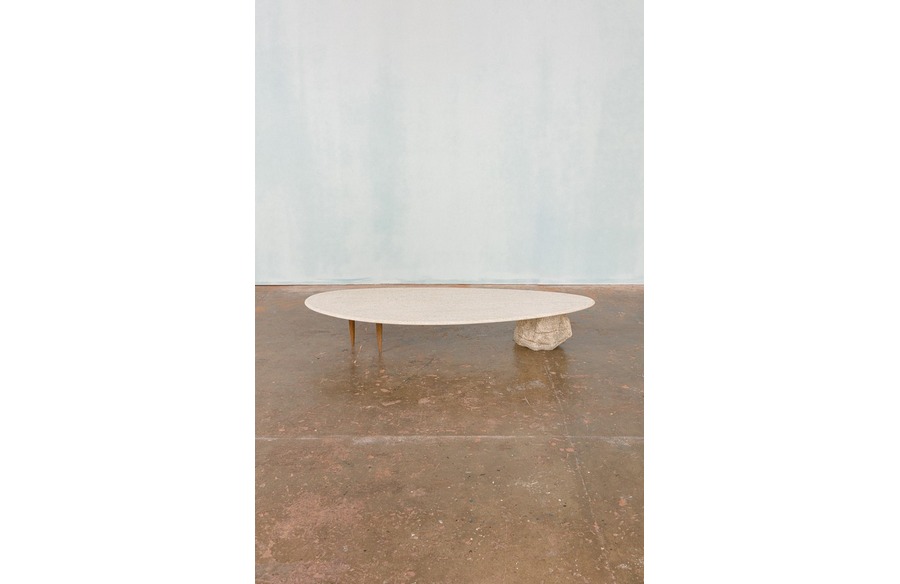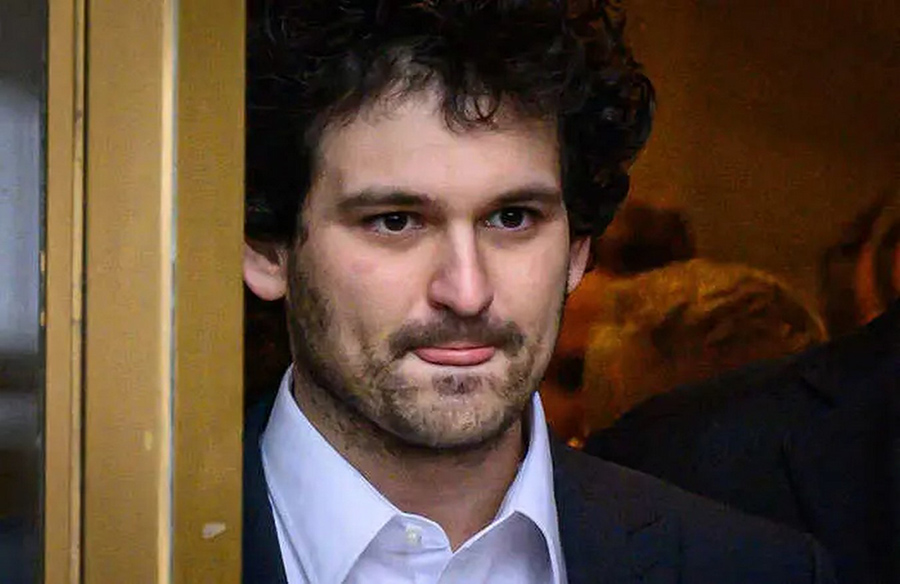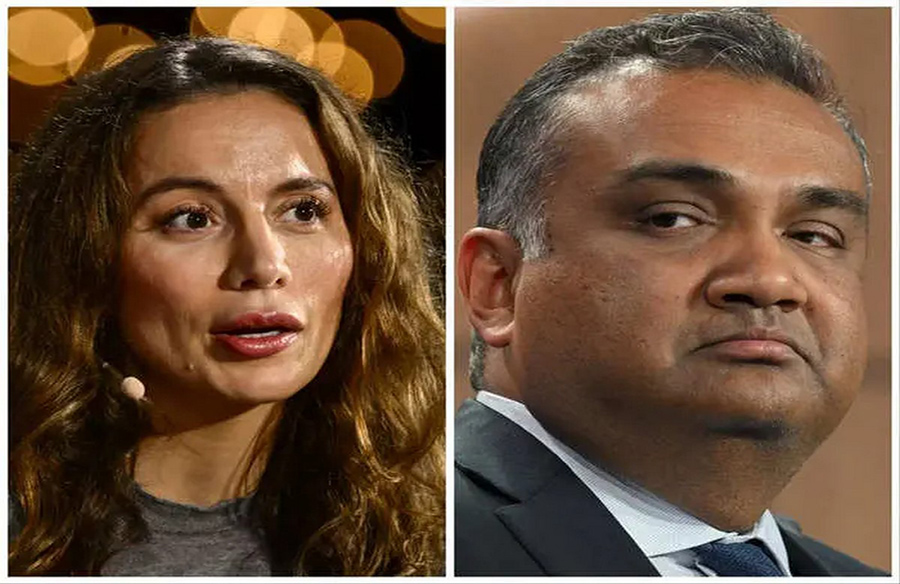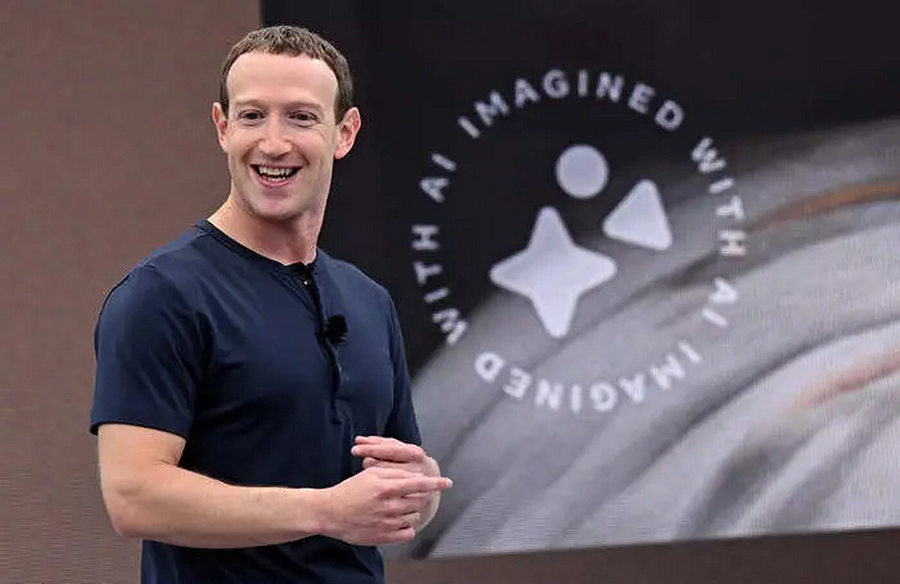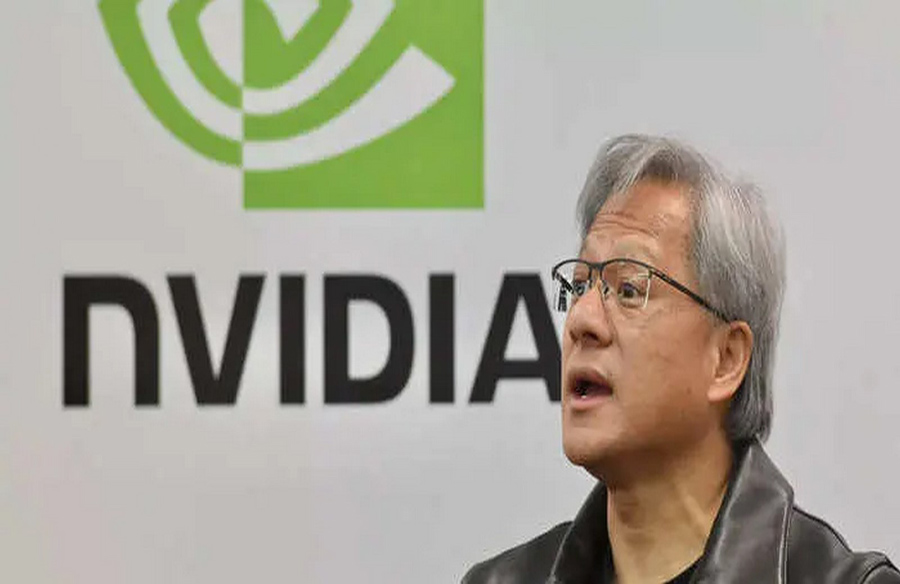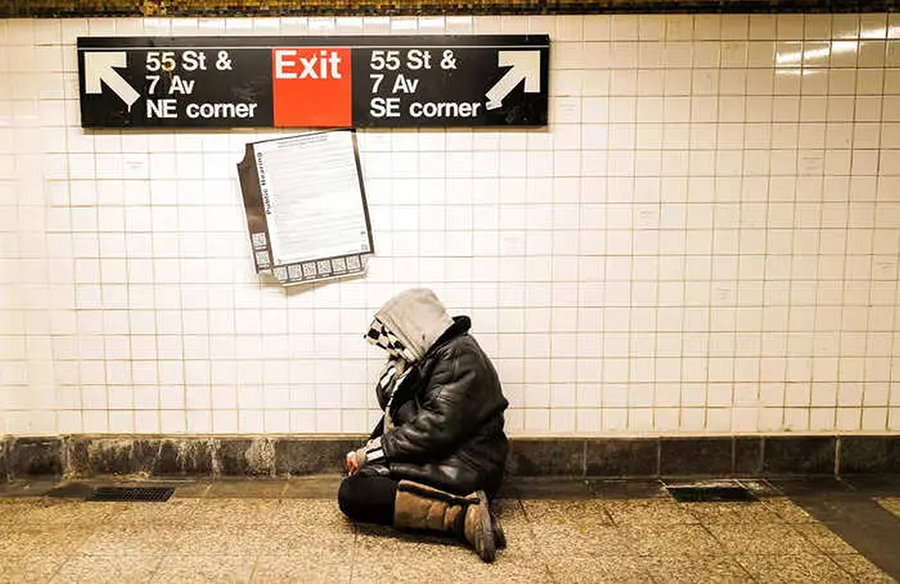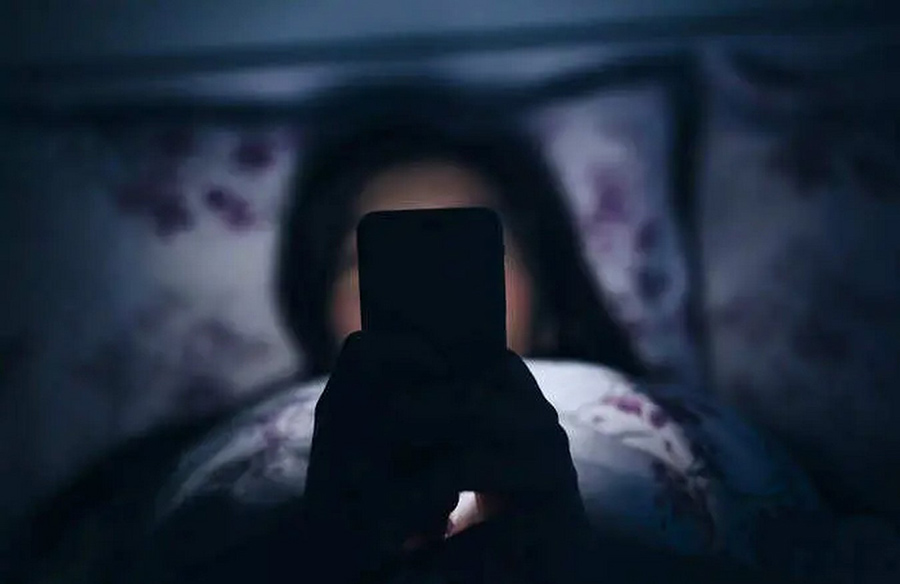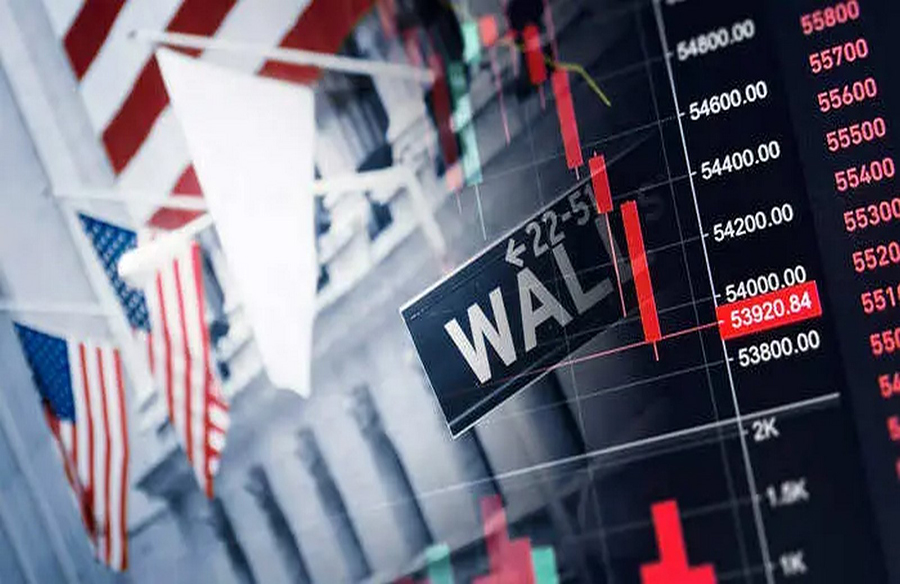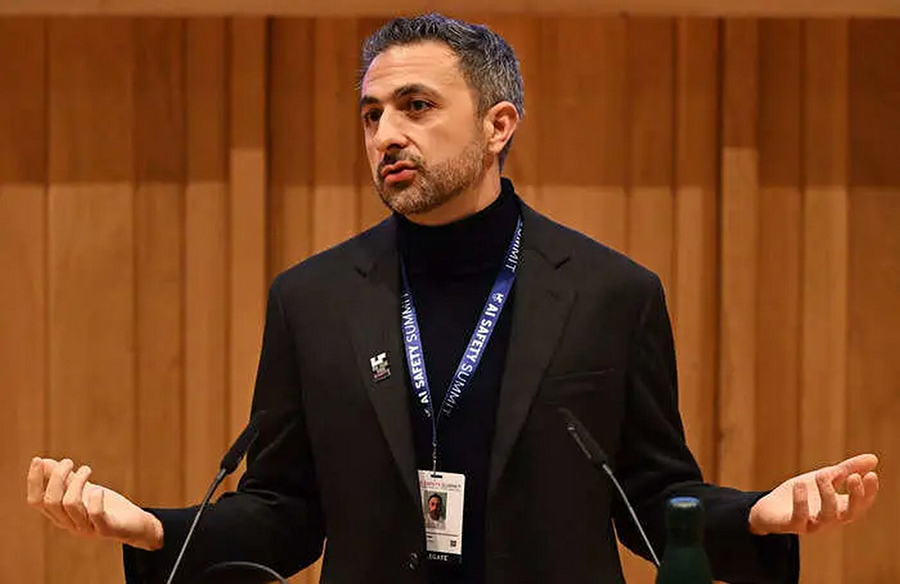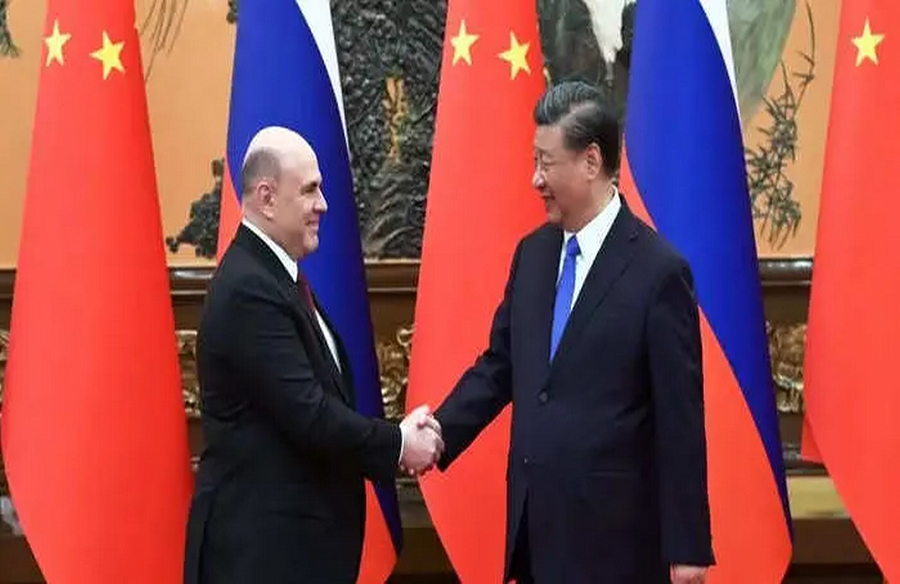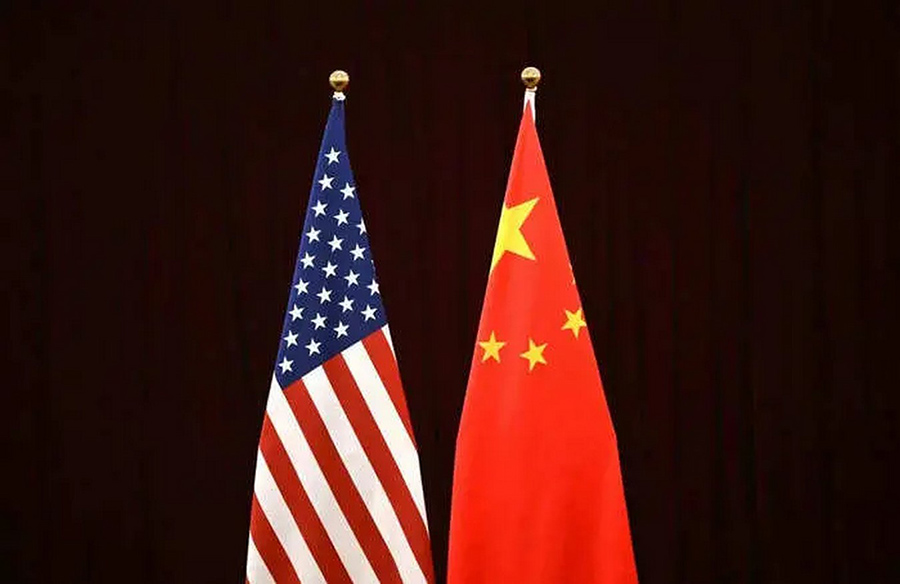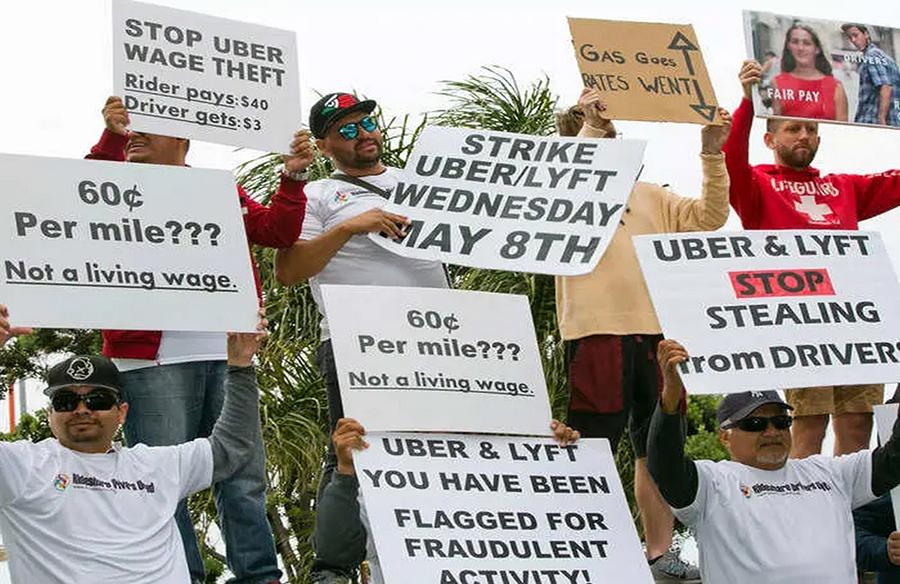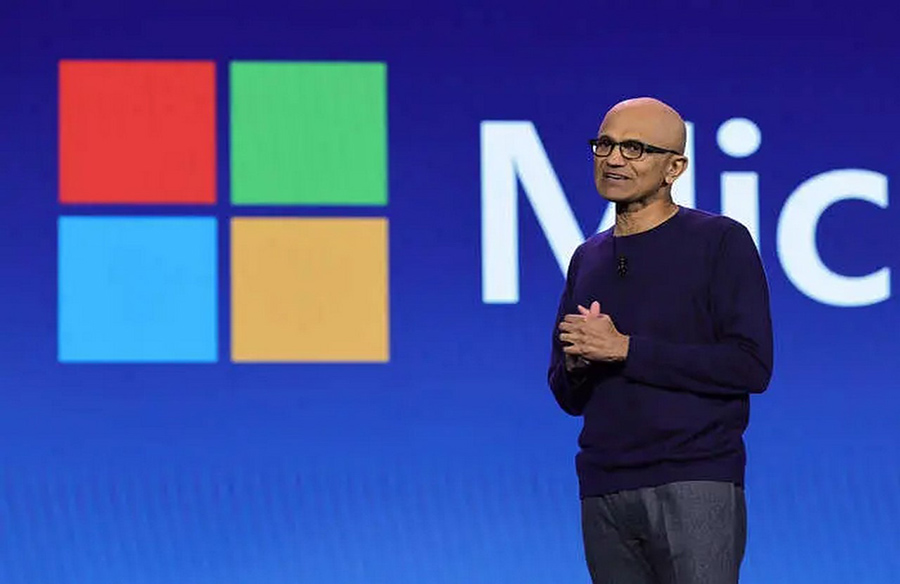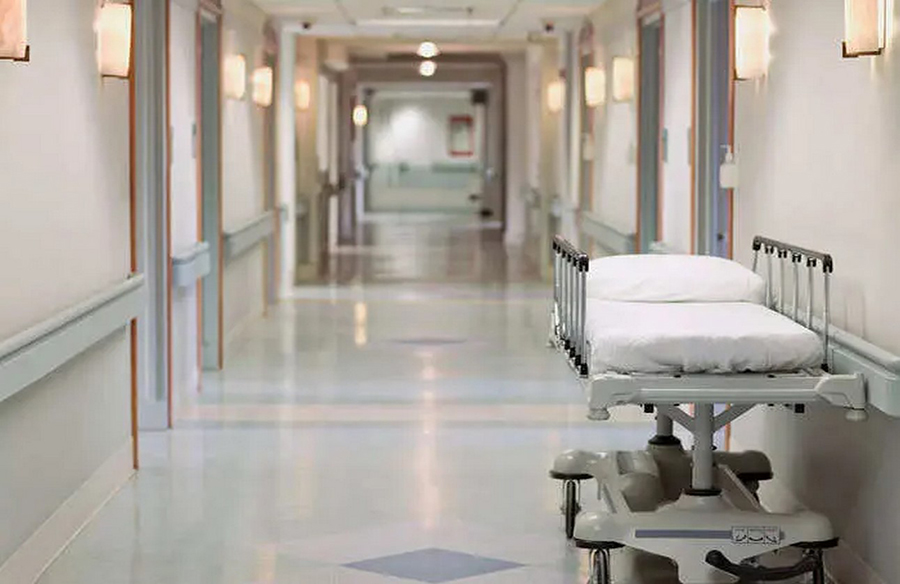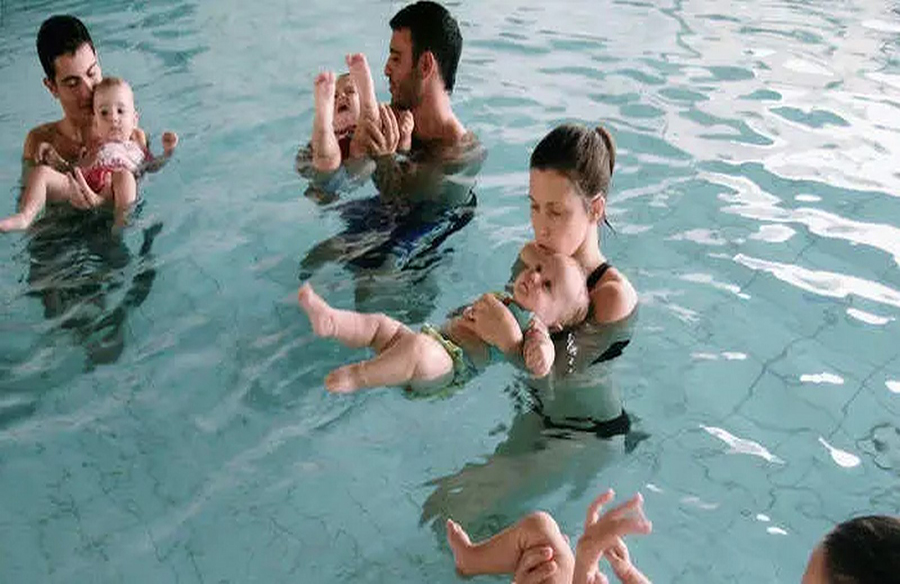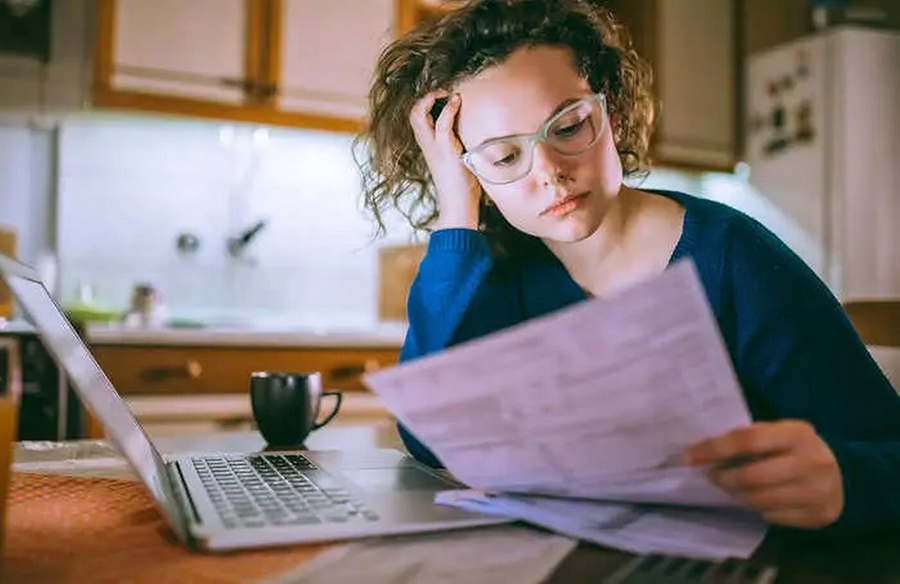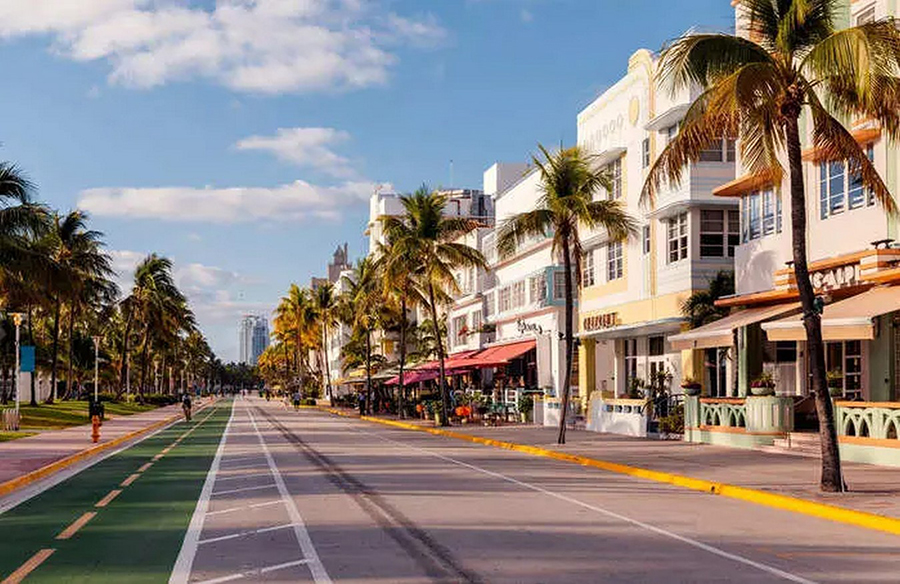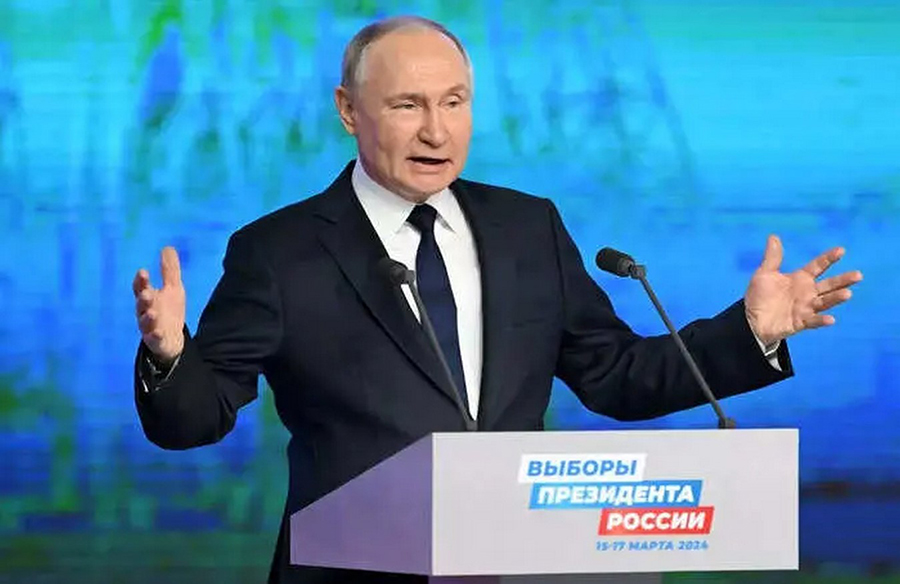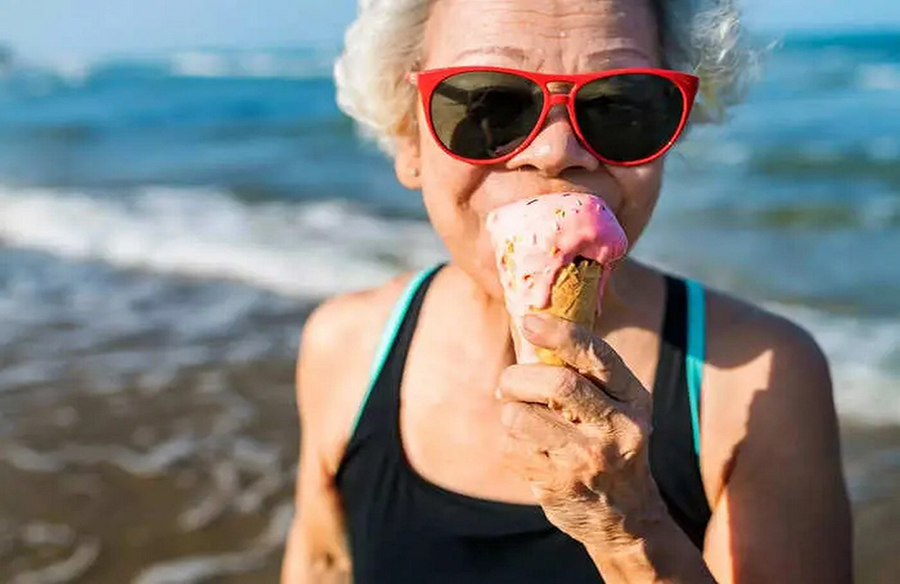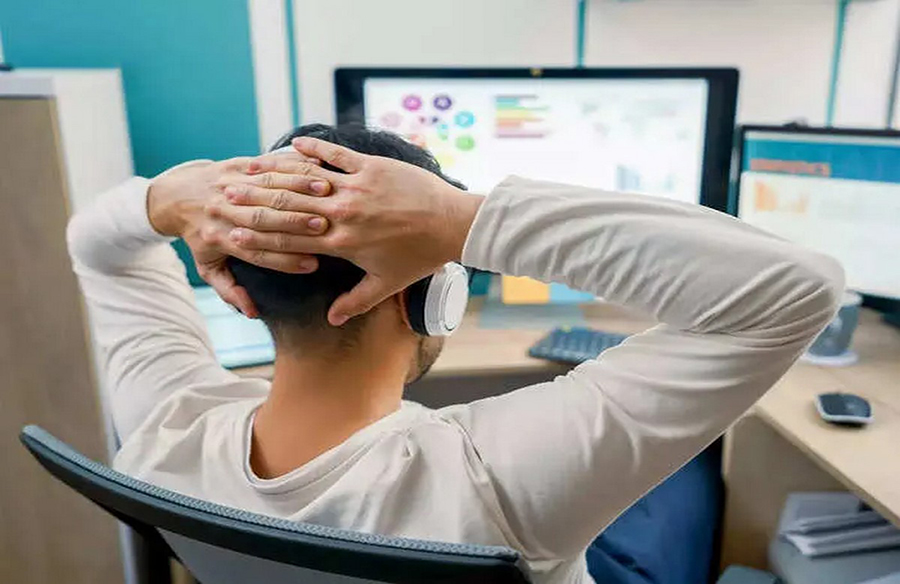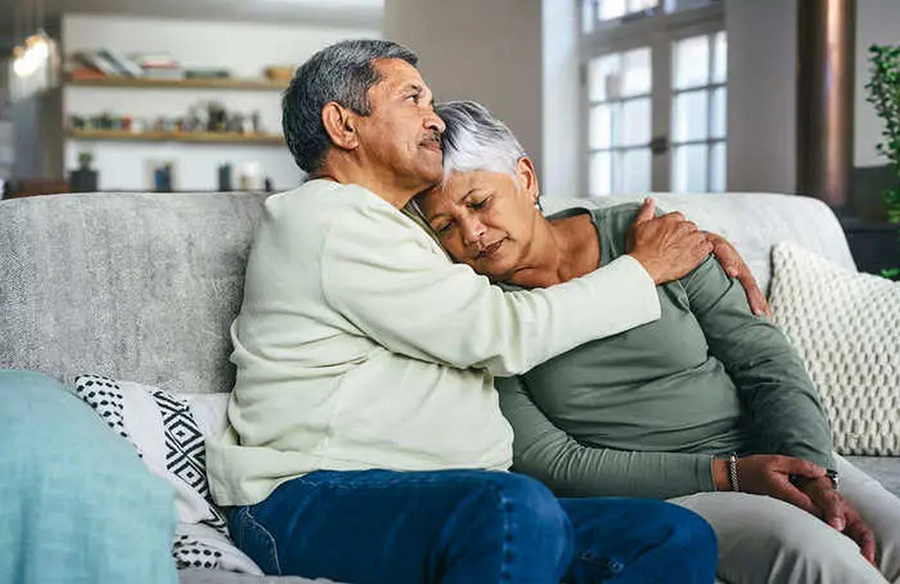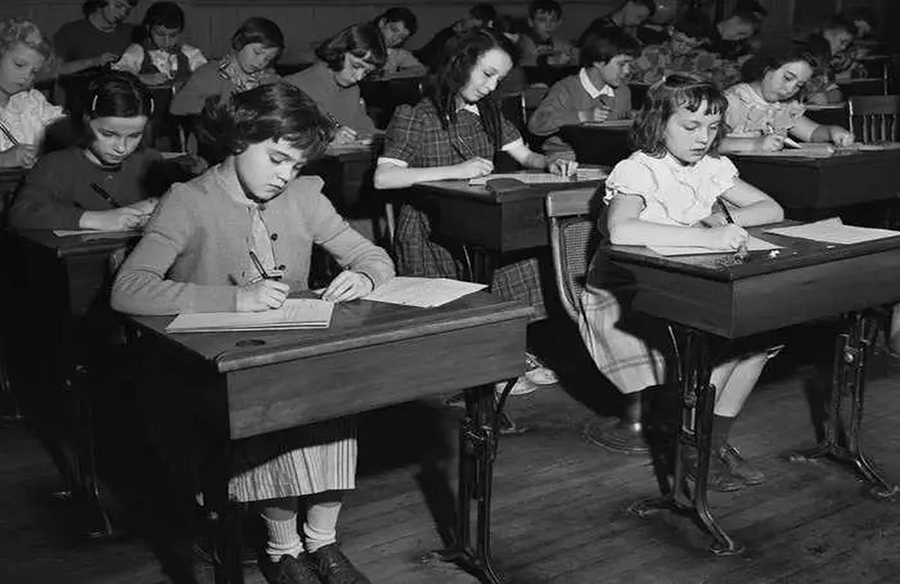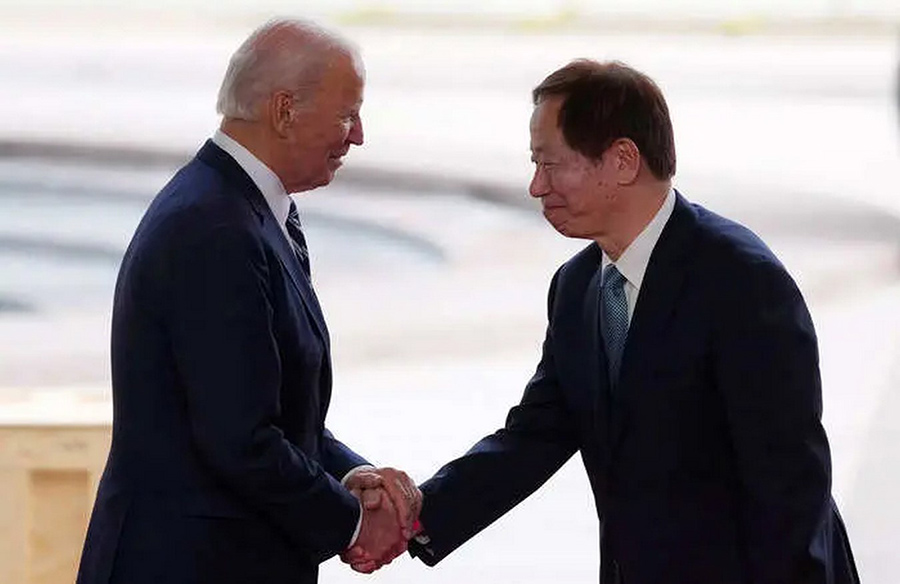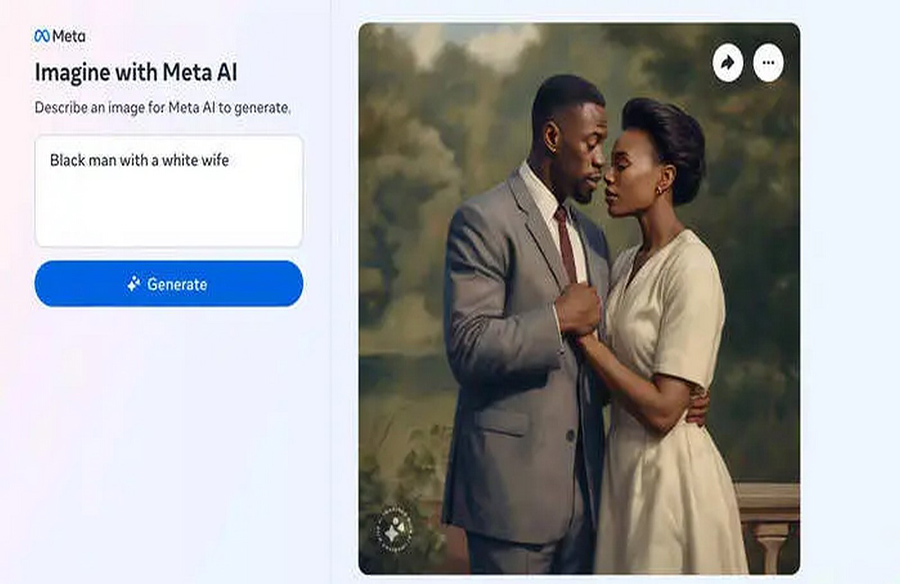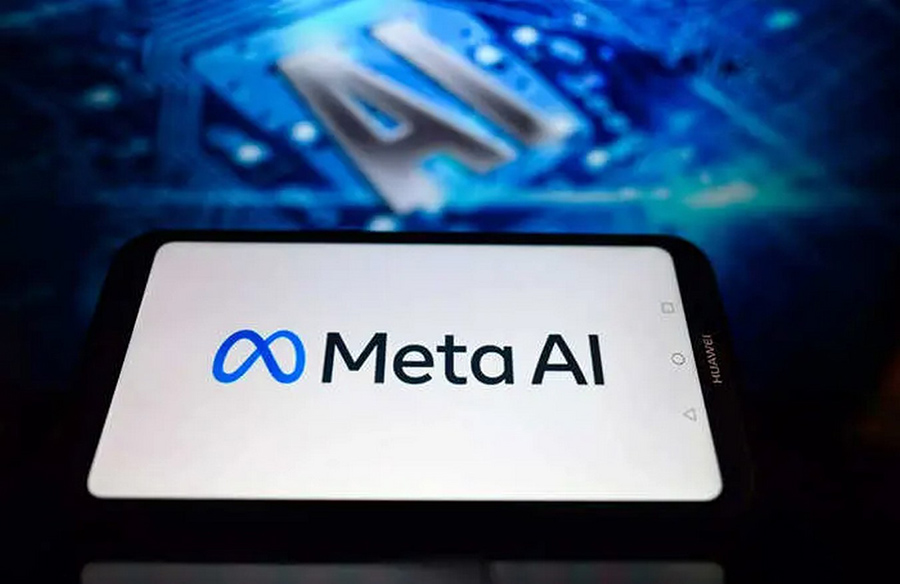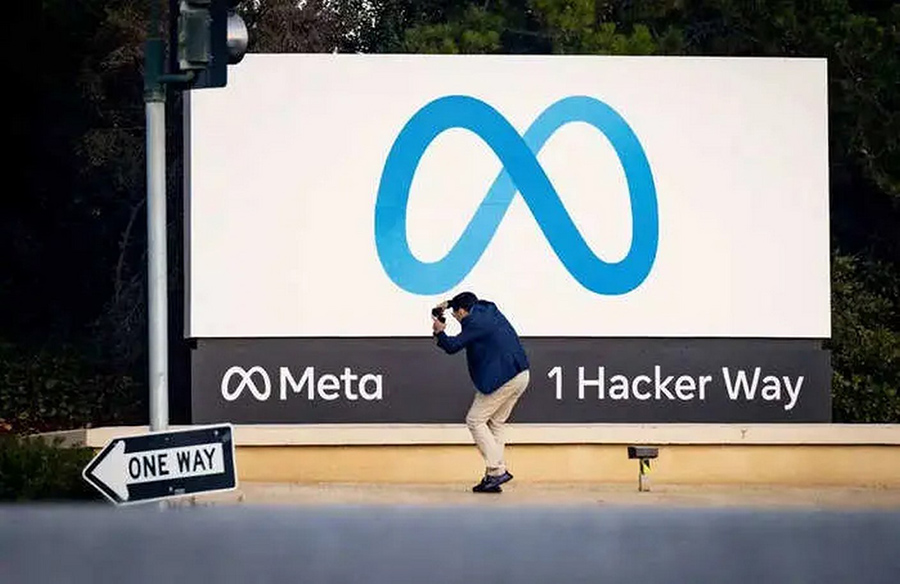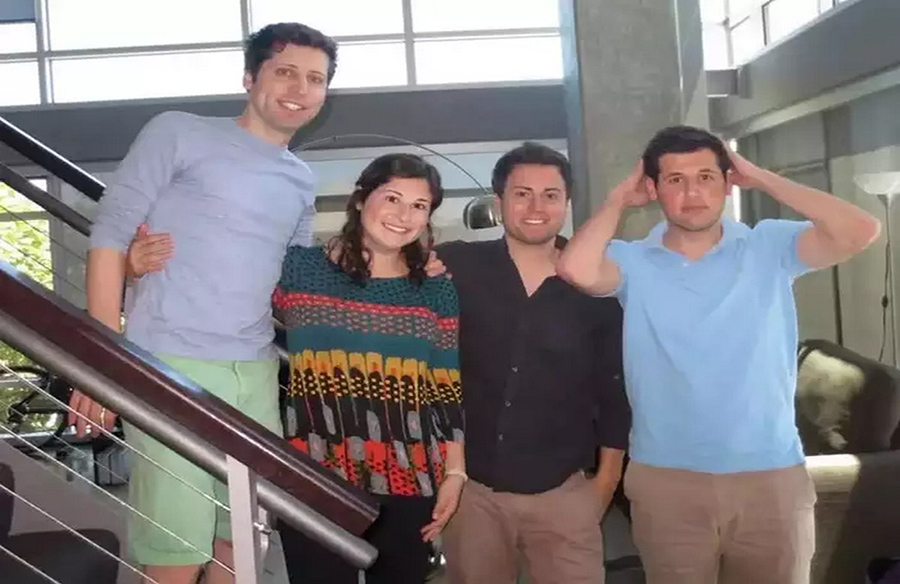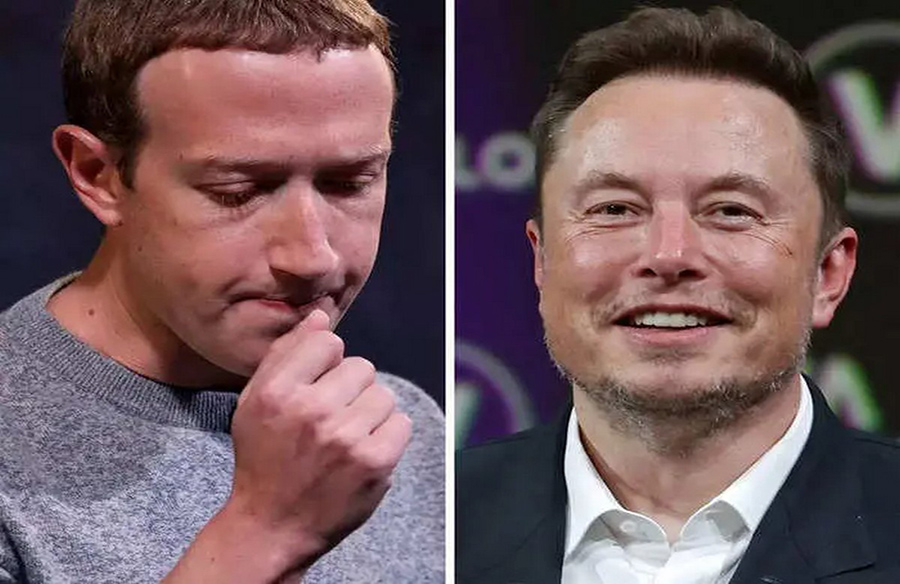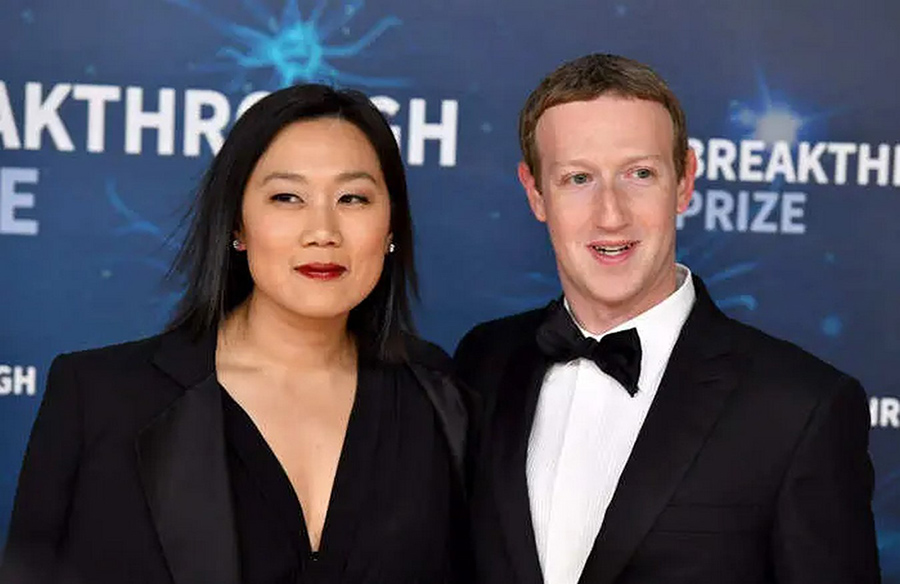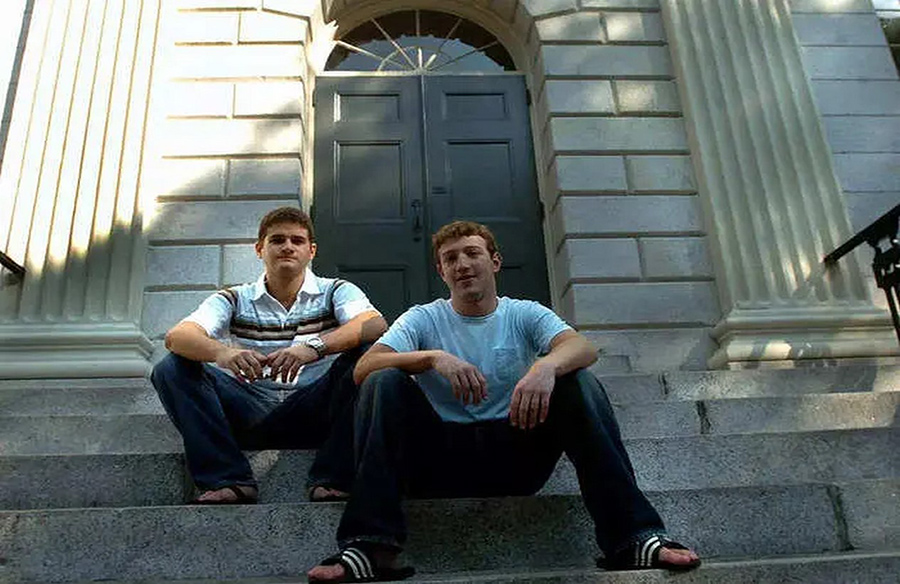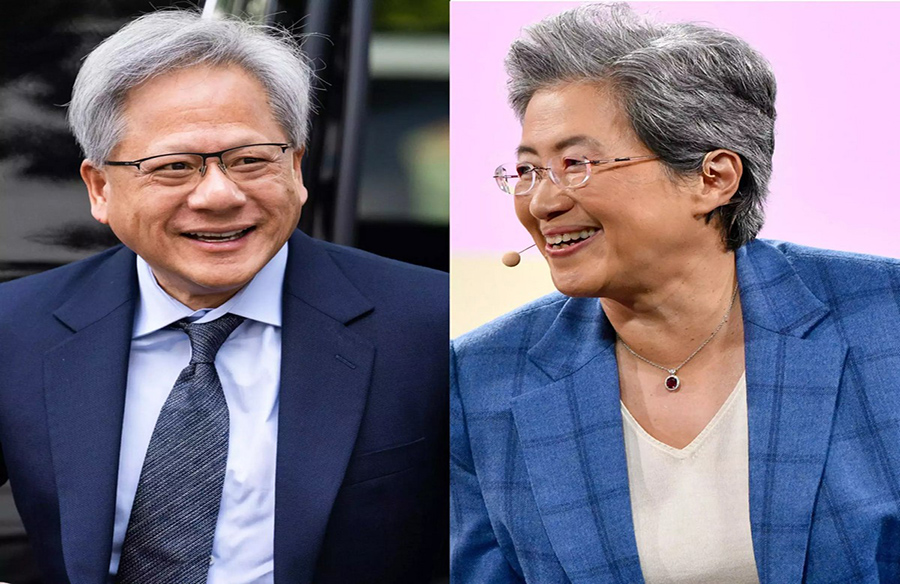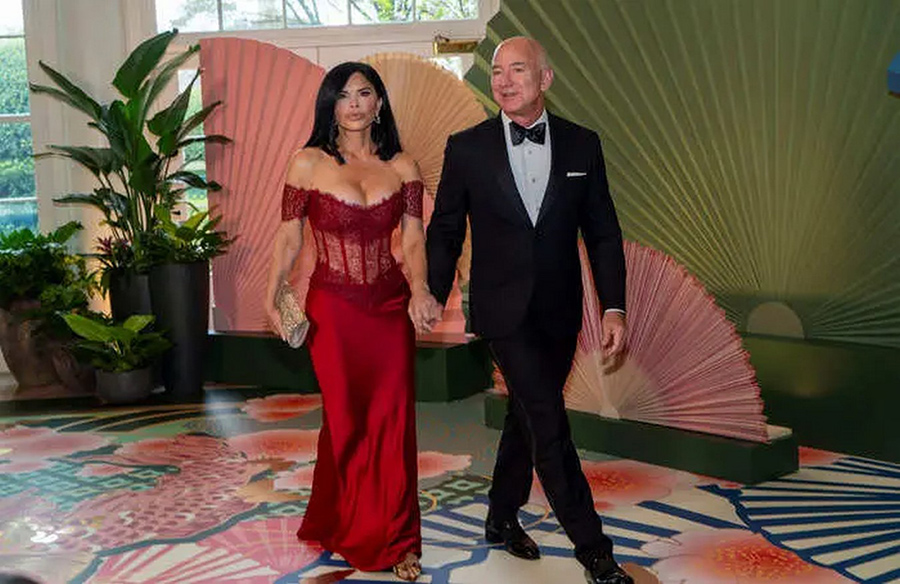DeSantis Signs Law to Release Records Related to Jeffrey Epstein Case

Florida Governor Ron DeSantis signed a bipartisan bill into law aimed at addressing the longstanding questions surrounding a 2006 grand jury investigation into Jeffrey Epstein, which resulted in minimal charges against the financier.
“This is long overdue, but, again, we feel that we just can’t turn a blind eye,” DeSantis stated before signing HB 117 into law at a ceremony in Palm Beach. The law will take effect on July 1.
The grand jury investigation in Palm Beach led to only one criminal charge of prostitution solicitation against Epstein, despite allegations of sexual abuse from numerous underage girls. Prosecutors’ decision to bring forward just a single victim before the grand jury, despite evidence of abuse involving more than 30 girls, has been widely criticized.
According to reports and investigations, Epstein’s victims numbered in the hundreds, with a compensation program established after his death identifying 136 victims and more recent litigation suggesting closer to 200.
DeSantis emphasized the importance of public access to the evidence and testimony heard by the grand jury, especially in cases like Epstein’s.
While the law doesn’t explicitly mention Epstein, it is tailored to address allegations against him, particularly regarding his interactions with underage girls. Victim advocates hope that the release of the grand jury records will provide clarity on why prosecutors pursued limited charges and what additional information they may have had.
However, a state judge declined to release the records on Thursday morning, citing the pending law. Requests for the records related to a lawsuit filed by the Palm Beach Post will have to wait until July.
Under the new law, grand jury evidence can be disclosed if the subject of the investigation is deceased and the probe pertains to criminal or sexual activity involving a minor. Epstein died by suicide in 2019 while facing federal charges of sex trafficking minors.
The Palm Beach investigation marked a significant moment in Epstein’s legal saga, representing the first time authorities delved into allegations of his involvement with underage girls.
The controversial handling of the case, including the decision to present it to a grand jury by State Attorney Barry Krischer, drew widespread criticism. Despite initial efforts by the FBI to indict Epstein, a lenient plea deal negotiated by his legal team and then-US District Attorney Alex Acosta resulted in minimal jail time for Epstein.
Subsequent investigations, including a 2019 Miami Herald expose by Julie K. Brown, reignited public scrutiny of Epstein’s dealings and led to Acosta’s resignation as President Donald Trump’s Labor secretary. Federal prosecutors in Manhattan subsequently launched a separate case against Epstein.
In January, a federal judge unsealed the names of approximately 170 of Epstein’s associates as part of a lawsuit involving one of his accusers and his alleged accomplice, Ghislaine Maxwell.


 English
English 

